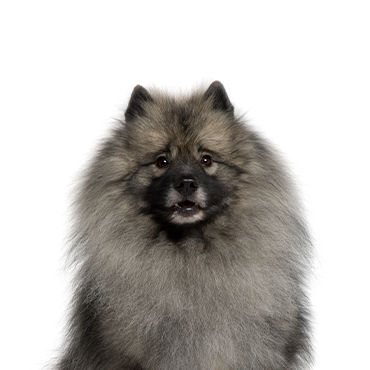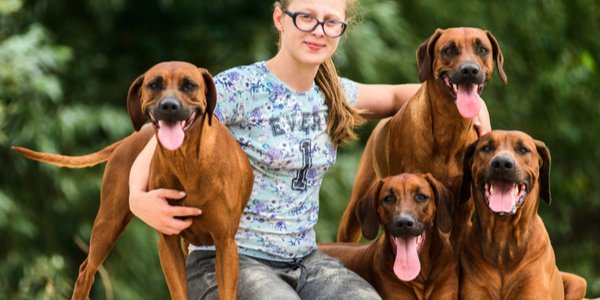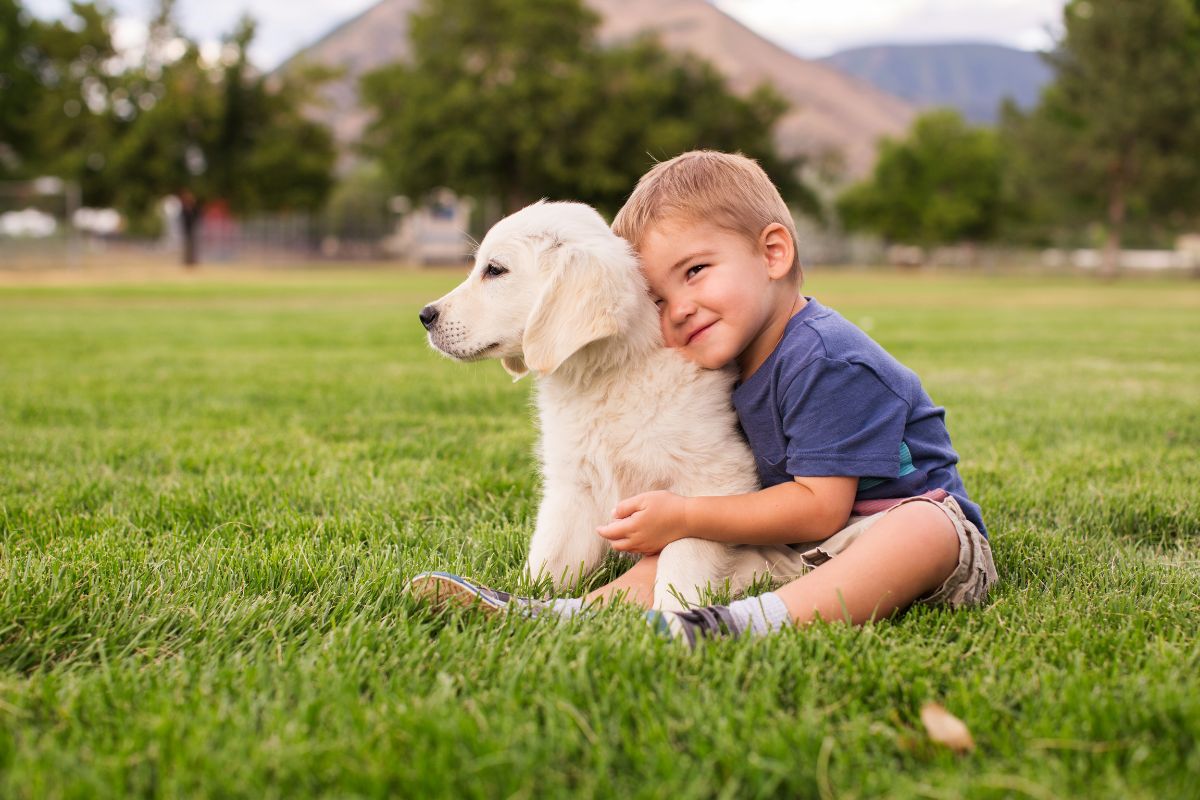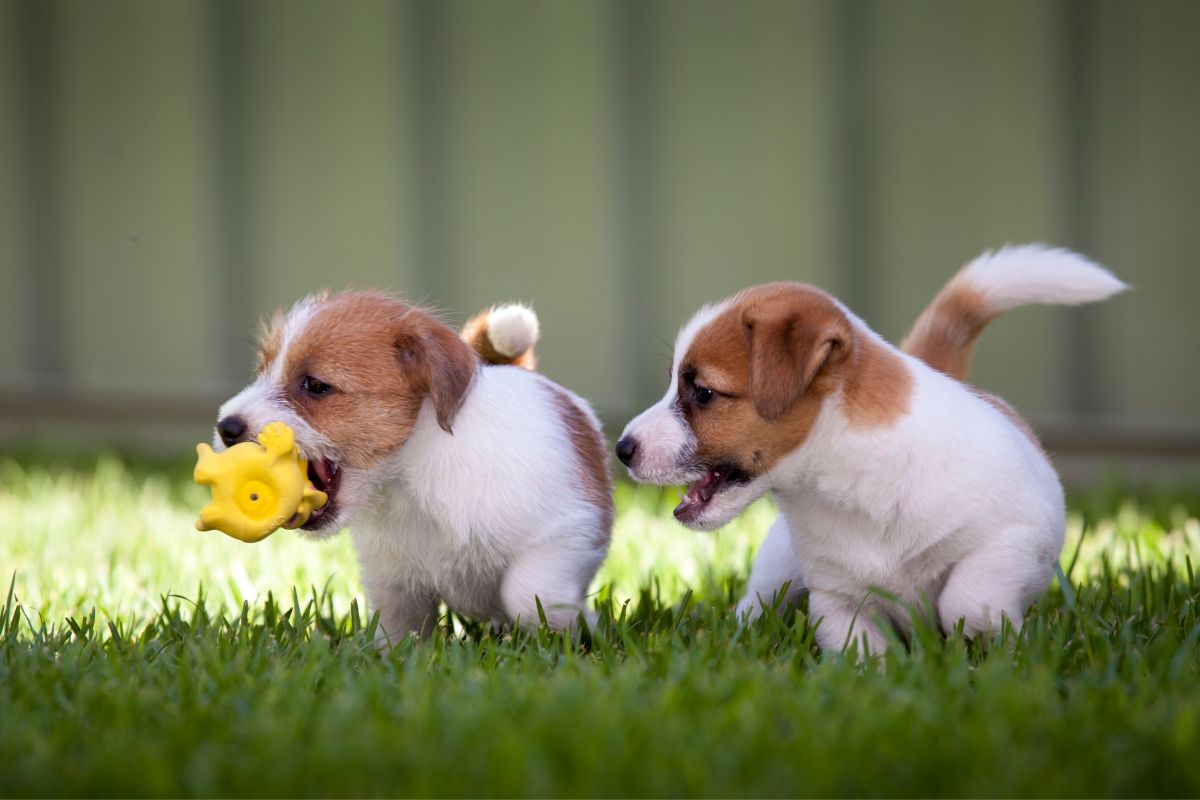Please create a free account, or login by clicking here.
Petland Bradenton, Florida
 Adopted
Adopted
Status
Adopted
Reference ID
17503
Birth Date
04-10-2022
Gender
Male
Color
black/Silver
Please fill out our contact form below.
"*" indicates required fields

The Keeshond is a medium-sized dog with origin from Holland; its closest relatives are the German Spitzes. It is also known by other names such as German Spitz, Wolfspitz, Smiling Dutchman, etc. The breed was developed in England in the 19th century with the imports obtained from The Netherlands and Germany. Discover more about our Keeshond puppies for sale below!
Breed History
Keeshond was named after Dutch Patriot, Cornelis (Kees) de Gyselaer, who was the leader of the rebellion against the House of Orange in the 18th century.
There are debates over its origin, while some believe it originated from the Netherlands, another school of thought is of the opinion that it is part of the German Spitz family.
Temperament
Keeshond has a playful, intelligent and obedient temperament which makes it a joy to be around. It makes a good companion for both adults and children. Keeshond’s even temperament makes it an excellent guard dog, watchdog and also family dog.
Spending time with its loved ones makes it really happy. Keeshond is an attention seeker that likes interrupting when ignored.
Environment
Keeshond does well in apartment living and big yards, its medium size makes it easy for it to adjust anywhere.
It will do well in any home as long as it has lots of interaction with its owner, home with kids is a great environment for the Keeshond.
Exercise
The Keeshond enjoys a dog walk moment with its family and will most likely jump in excitement once it is walk time, a short run or jog does the magic on its body.
If walking along a particular route gets boring, you can spice things up by walking a different route or simply taking the Keeshond along to that park meeting with a friend.
Grooming
The Keeshond has a coat that requires less frequent bathing due to its self-cleaning nature and minimal odor. For dogs below the age of 7, it is advised to bathe every three weeks while for others above 7 years, baths should be every 4 to 6 weeks. Weekly brushing is also required and keeps the Keeshond looking good.
Our Keeshond puppies for sale come from either USDA licensed commercial breeders or hobby breeders with no more than 5 breeding mothers. USDA licensed commercial breeders account for less than 20% of all breeders in the country.
The unregulated breeders who are selling outside of the USDA regulations and without a license are what we consider to be “Puppy Mills.” We are committed to offering Keeshond puppies who will grow up to become important members of your family. We only purchase puppies from the very best sources, and we stand behind every puppy we sell.
Contact us today to learn more about the availability of our Keeshond puppies for sale. We look forward to helping you find your next family member. Our pet counselors can answer any questions you have about our Keeshond puppies.
Top Ten Frequently Asked Questions About the Keeshond
Can you trim a Keeshond?
It is not a bad idea to trim your Keeshond when it attains full maturity, say between 18 to 24 months. However, this should be done by a professional groomer.
Are Keeshonds protective?
A Keeshond is more welcoming than protective, while some other dogs will become overly protective and aggressive upon sighting strangers or other dogs, a Keeshond won’t.
How often should you bathe a Keeshond?
The Keeshond’s double coat requires proper bathing and drying to preserve its beautiful coat hence, regular bathing and brushing are required. It can be bathed as frequently as once a week and also no longer than every 6 weeks.
Does the Keeshond dog shed much?
Yes. Keeshond sheds heavily but this can be dealt with by brushing once or twice a week. It sheds twice a year when blowing its entire undercoat all at once, the shedding period is usually intense and can last for up to three weeks.
Does the Keeshond smell?
Keeshond has less dog smell than most dogs because of its undercoat which allows air to circulate adjacent to its skin.
Is Keeshond good with children?
Yes. The Keeshond does really well with children however; parents should ensure the kids do not play too roughly with the Keeshond as it can take a lot of abuse without retaliating. Also, kids should not be allowed to ride on the back of the Keeshond as this might cause physical damage to the dog.
What ailments are common with the Keeshond breed?
Keeshonds may suffer from ailments such as black skin, epilepsy, hypothyroidism, cancer, heart problem, missing teeth, etc.
Is Keeshond an intelligent breed?
Yes. Keeshond is very intelligent and can read the mind of its owner, it is also very eager to please and as a result, can grab whatever it is being taught really quick.
How often should a Keeshond be fed
Feeding a Keeshond has to do with its age, puppies between 8 and 12 weeks old need to be fed 4meals in 24 hours. 3 to 6 months old puppies should be fed 3 meals in 24 hours while puppies between 6 months to 1 year should be fed 2 bowls in twenty-four hours.
How much exercise does a Keeshond need?
Keeshond does not require that much exercise, most Keeshonds do well with a daily walk and also playing games of Frisbee or ball. A Keeshond’s level of activity is solely dependent on how much its owner wishes to do with it.
If you want a dog that is sturdy looking, medium-sized, beautiful and fluffy, the Keeshond is the right dog for you.



When you get a healthy and well-adjusted pup that requires little in the way of training, then quite a bit of work has gone behind the scenes. This is often the work of a profes...

Bringing home a new pet is an exciting milestone, but choosing where to find your furry family member can be challenging. Petland has established itself as a reliable and compas...

That adorable puppy isn’t just cute; it’s a complex creature needing specific things — understanding what makes a puppy thrive is key to their happiness and de...

So, you’re thinking about getting a puppy from Petland? Get ready because you’re not just taking home a bundle of furry joy. You’re also getting a full-on star...

So, you’re thinking about getting a puppy from Petland? Get ready because you’re not just taking home a bundle of furry joy. You’re also getting a full-on star...

Bringing home a new puppy is like adding a little tornado of energy to your life. They zoom around, chew on everything, and look at you with those big, eager eyes that say, R...

Bringing a dog into your family is a big decision that comes with lots of joy, responsibility, and, of course, plenty of tail wags. With so many breeds to choose from, finding t...
Image Not Found
So, you’ve decided to add a four-legged best friend to your life—congrats! But now comes the hard part… which breed is right for you? Choosing a dog isn’...

Bringing home a new puppy? Get ready for cuteness overload, lots of tail wags, and… a bit of chaos too. Puppies are like tiny, adorable tornadoes that can turn your world ...

Self-care is all about wagging your tail and feeling pawsitively great! It involves activities that keep you happy, healthy, and full of energy. Whether it’s a daily walk,...

Bringing a puppy into your life is like welcoming a furry little tornado of joy, energy, and endless cuteness. But let’s be real—along with the cuddles and wagging t...

As a cat owner, ensuring the health and safety of your furry friend is a top priority. With the emergence of avian influenza, commonly known as bird flu, it’s crucial to u...

Ah, Christmas! The time of year when homes are aglow with twinkling lights, the air is filled with the scent of pine, and everyone is wrapped in a warm, fuzzy feeling of joy and...
Trustindex verifies that the original source of the review is Google. Kaitlyn and Mary were so amazing helping us with our new baby! All the staff has been so supportive and we love her already!!Trustindex verifies that the original source of the review is Google. just got my first son Cosmo. very helpful staff, everyone worked hard to get my gf her dream dog!!Trustindex verifies that the original source of the review is Google. Kira and kaitlyn are the best!!!Trustindex verifies that the original source of the review is Google. I had such a wonderful experience at Petland Bradenton! From the moment I walked in, the staff was welcoming and knowledgeable, and the store was clean and well-organized. A special shout out to Kaitlyn—she was absolutely amazing! She took the time to answer all of my questions, made me feel comfortable throughout the process, and truly helped me make the best decision. Thanks to her, I found my forever best friend, and I couldn’t be happier. If you’re looking for a new furry companion and want guidance from someone who genuinely cares, ask for Kaitlyn. She made the entire experience feel personal, thoughtful, and exciting.Trustindex verifies that the original source of the review is Google. Lauren was amazing! Took our baby boy Rocket the chocolate cocker spaniel Highly recommend this place🙏🏻Trustindex verifies that the original source of the review is Google. Literally we walked in and we were just excited to see how the staff just helped us with each and every question they were so nice to us and helpful thank you so much for having such an amazing staff.Trustindex verifies that the original source of the review is Google. They take good care of the dogs and I love their coustomur service
"*" indicates required fields
"*" indicates required fields